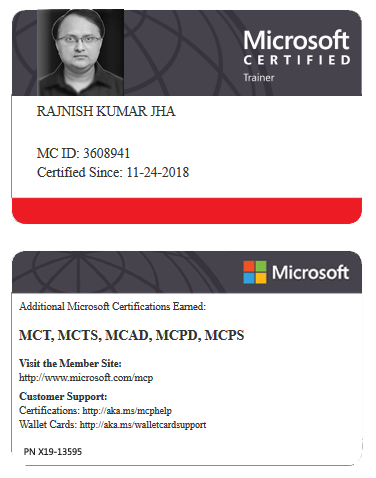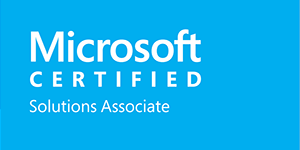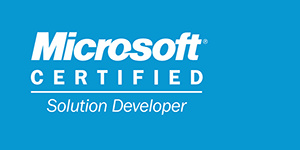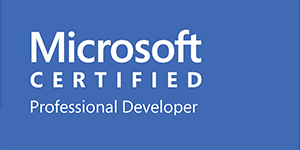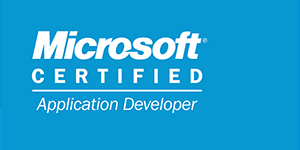Azure Cloud, DevOps resources and blog
-

How Microsoft Entra ID is used as a directory for cloud apps
Microsoft Entra ID (formerly Azure Active Directory, or Azure AD) is used as a cloud-based directory service that manages and secures user identities, access, and permissions for cloud applications. It serves as a central identity provider for applications, services, and resources both within Microsoft’s ecosystem… [ Read more ]
-

Azure Virtual Network explained in detail
Azure Virtual Network (VNet) is one of the fundamental building blocks in Azure that allows you to securely connect Azure resources to each other, the internet, and on-premises environments. It provides a private network where you can define and control the IP addressing, DNS settings,… [ Read more ]
-

Compare Microsoft Entra ID to Active Directory Domain Services (AD DS)
Microsoft Entra ID (formerly Azure Active Directory, or Azure AD) and Active Directory Domain Services (AD DS) are both identity and access management solutions provided by Microsoft, but they serve different purposes and are designed for different environments. Below is a comparison of the two:… [ Read more ]
-

Subnets and Subnetting in Azure – Features and Use-cases
In Azure, subnets are an integral part of your Virtual Network (VNet) architecture. Subnets allow you to partition a VNet's IP address space into smaller, more manageable segments. Subnetting helps you organize and control the flow of network traffic, segment security policies, and ensure efficient… [ Read more ]
-

Know everything about Azure Virtual Network – Features and Components
An Azure Virtual Network (VNet) is one of the foundational building blocks for your private network in Azure. It allows Azure resources to securely communicate with each other, the internet, and on-premises networks. Azure VNets provide isolation, segmentation, and secure communication between virtual machines (VMs),… [ Read more ]
-

Understanding typical use-case for Agent Pools in Azure DevOps
Understanding typical use-case for Agent Pools in Azure DevOps Agent pools in Azure DevOps play a crucial role in managing the execution of build, testing, and deployment tasks. These pools provide the infrastructure to run tasks in a flexible, scalable, and efficient manner. Below are… [ Read more ]
-

Exploring predefined Agent Pool in Azure DevOps
Exploring predefined Agent Pool in Azure DevOps In Azure DevOps, predefined agent pools are built-in collections of Microsoft-hosted agents that provide ready-to-use environments for executing build, test, and deployment tasks. These agent pools are designed to simplify the setup of pipelines without requiring manual configuration… [ Read more ]
-

Introduction to Agent Pools in Azure DevOps
Introduction to Agent Pools in Azure DevOps Agent pools are a foundational concept in Azure DevOps that help manage and share agents across projects and pipelines. They enable efficient use of build and release resources by organizing agents into logical groupings. What is an Agent… [ Read more ]
-

Exploring Azure DevOps Job Types: Agent pool jobs, Container jobs, Deployment group jobs, Agentless jobs
Exploring Azure DevOps Job Types: Agent pool jobs, Container jobs, Deployment group jobs, Agentless jobs Azure DevOps supports various job types to handle diverse tasks in CI/CD pipelines. Here's an exploration of Agent Pool Jobs, Container Jobs, Deployment Group Jobs, and Agentless Jobs, with detailed… [ Read more ]
-

Working with Azure Policy
Azure Policies are a crucial tool for enforcing governance rules within your Azure environment. Here’s a step-by-step guide for the key tasks related to managing Azure Policies assigning policies, creating and assigning policy initiatives, checking for compliance, checking remediation tasks, and removing policies and initiatives.… [ Read more ]
-

Learn about Job Types in Azure DevOps
Learn about Job Types in Azure DevOps Azure DevOps supports different job types in pipelines to enable flexible and efficient CI/CD workflows. Each job type serves a specific purpose, allowing teams to execute tasks in diverse environments and scenarios. Here's an overview of the job… [ Read more ]
-
Learn how to scale Azure Metric Alerts
Scaling Azure Metric Alerts typically refers to the process of configuring alerts to handle an increased volume of metrics and ensuring the alerts can handle large-scale environments with many resources. This includes setting up effective monitoring, handling multiple alerts efficiently, and managing performance as your… [ Read more ]
-

Learning about the Agents in Azure Pipeline: Microsoft-hosted, Self-hosted
Learning about the Agents in Azure Pipeline: Microsoft-hosted, Self-hosted Azure Pipeline agents are a key component of the Azure DevOps CI/CD workflow. They run build and release jobs defined in pipelines. Azure offers Microsoft-hosted and self-hosted agent types to suit different project needs. 1. Microsoft-Hosted… [ Read more ]
-

Learning Key Terminologies in Azure Pipelines
Learning Key Terminologies in Azure Pipelines Azure Pipelines incorporates various terms and concepts to structure and automate the software delivery lifecycle. Here’s a detailed overview of these terms. 1. Agent An Agent is a machine (physical or virtual) that executes the tasks defined in a… [ Read more ]


